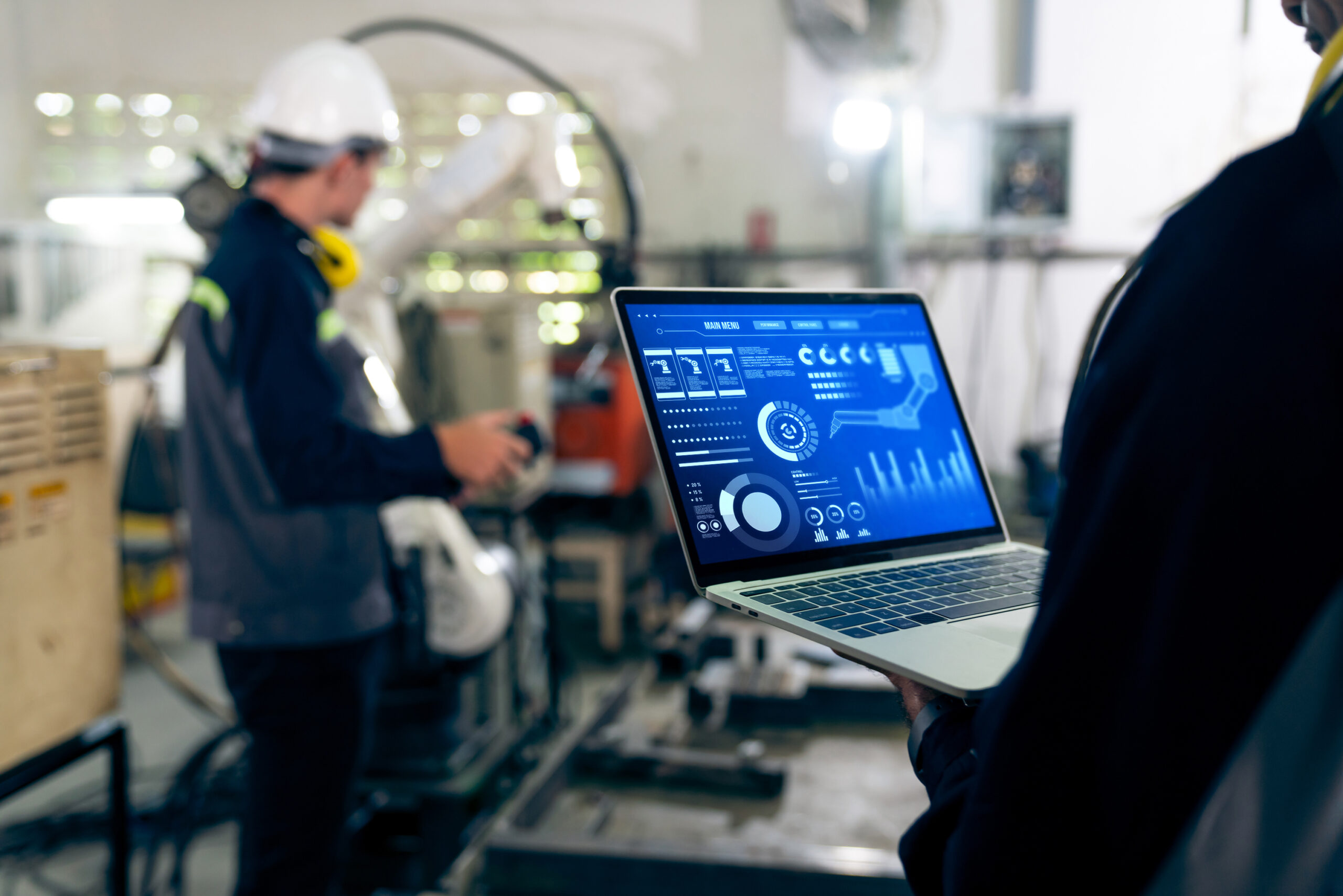
Case Studies

Ensuring Blood Sample Viability with Integrated Temperature and GPS Tracking
Context
The primary challenge in this medical logistics scenario was multifaceted: maintaining precise temperature control to preserve the viability of blood samples during transportation and ensuring real-time tracking of their location. Additionally, there was a need to address the security and privacy of these sensitive samples. They had to be transported in tamper-proof containers equipped with a barcode system that protected patient privacy while allowing efficient tracking, all without compromising the primary focus on temperature integrity and location monitoring.

Reframing the Problem
In addressing the core challenges, it became clear that the ideal solution must encompass more than just temperature regulation and GPS tracking. A critical aspect involves incorporating an additional layer of sample security and privacy, aligning with stringent industry regulations and compliance standards. The complexity of this task is not trivial, as it requires maintaining the integrity of blood samples while simultaneously ensuring real-time logistical tracking and strict adherence to privacy regulations. Our approach then geared towards navigating these interconnected issues, with the goal of developing a solution that is not merely efficient, but also demonstrate security and compliance to meet diverse requirements.

Our approach
1. Integrated STM32 Controller for Centralized Data Management: The STM32 controller functioned as the central hub of our solution. It was responsible for processing and managing data from various inputs, ensuring seamless coordination of the system’s functionalities.
2. Temperature Monitoring With Dallas DS18B Sensors: The STM32 controller was connected to Dallas DS18B temperature sensors strategically placed within the blood sample containers. These sensors supplied real-time temperature data, enabling the STM32 to monitor the samples to check if they were within the critical temperature range essential for their preservation.
3. Real-Time GPS Tracking With VL-MPEu-G3 Receiver: We utilized the VL-MPEu-G3 GPS receiver for its precision and reliability. This module provided the STM32 controller with accurate real-time location data of the containers, which were crucial for effective logistics management and ensuring the timely delivery of the samples.
4. Barcoded System for Enhanced Privacy and Security: In response to the critical need for security and privacy, our solution employed a sophisticated barcoding system for tamper-proof containers. Each container was affixed with a unique barcode, serving as a secure key to access the associated blood sample data. This barcode system utilized a layered encryption approach, where the barcode number itself was non-descriptive and did not contain any direct patient identifiable information (PII). Access to the actual data linked to each barcode was restricted and required authorized authentication. This system ensured that even as multiple parties, such as logistics handlers, lab technicians, and healthcare providers, interacted with the containers and accessed the barcode, they could not decipher any PII without proper authorization. This system’s logical structure mitigated the risk of PII leakage, maintaining the confidentiality of patient data throughout the transportation and handling process.
5. Comprehensive Data Logging for Compliance and Transparency: The system featured an advanced data logging function that recorded detailed information on temperature conditions, container location, integrity, and barcode data. This comprehensive logging was key to maintaining regulatory compliance and providing a transparent audit trail for each transported sample.

The Impact
1. Assured Sample Integrity and Safety: The integrated monitoring of temperature and location, along with tamper-proof containers, ensured the blood samples remained viable and secure throughout transportation.
2. Privacy and Compliance: The barcode system, designed to protect patient privacy, ensured compliance with healthcare privacy regulations, enhancing the trust of healthcare providers in the logistics process.
3. Operational Efficiency and Reliability: The system’s comprehensive nature maintained the integrity of the medical samples and streamlined the logistics process, marking an advancement in medical logistics operations.



